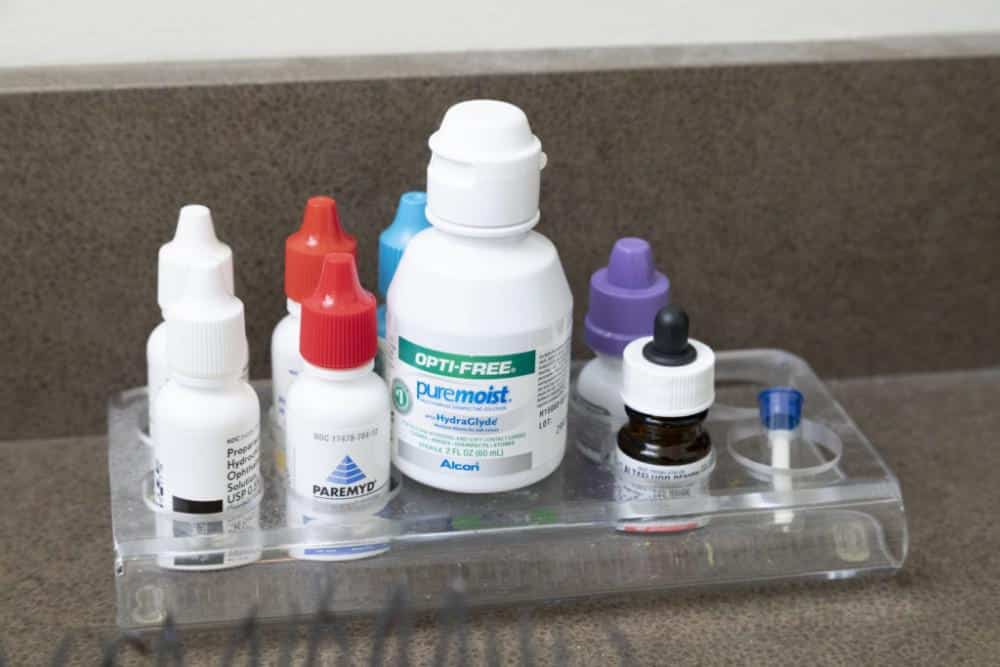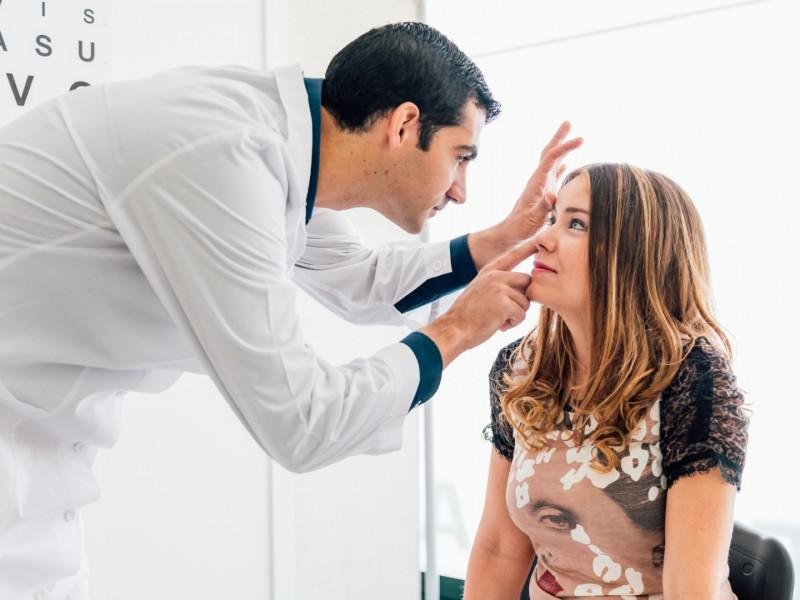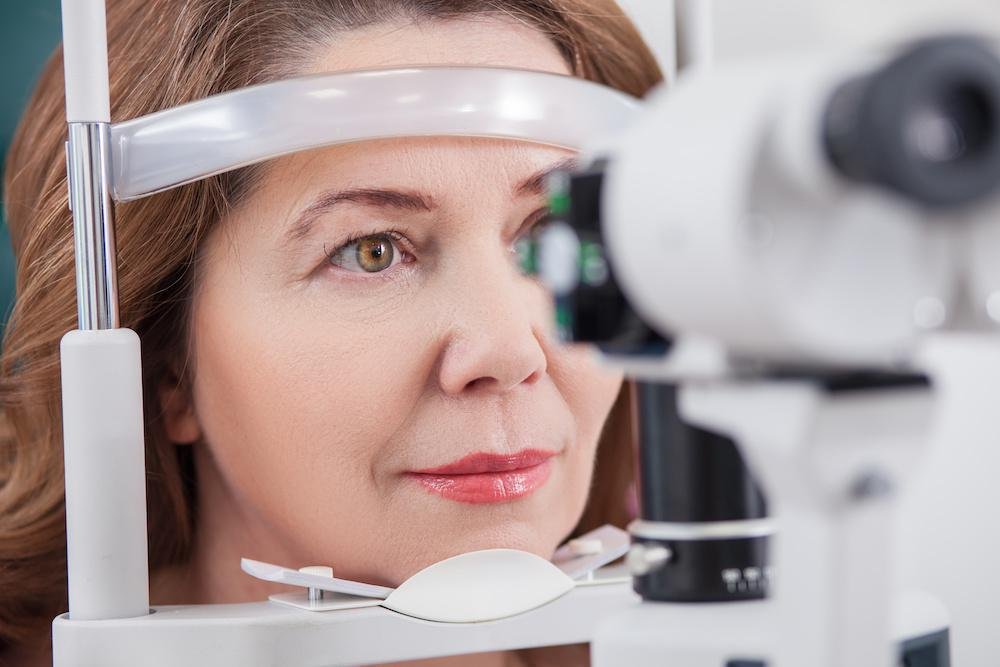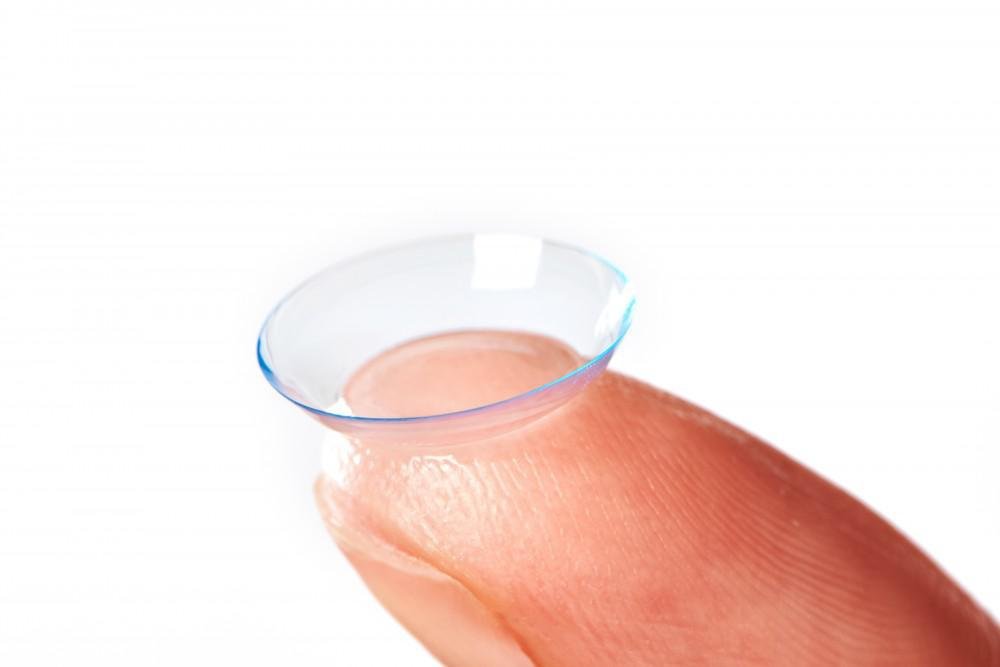Allergy symptoms make many many of us miserable, with sneezing and a runny nose to itchy, red, swollen and watery eyes being just a few of the physical issues that will cause us to suffer. In some cases, those eye allergies can play a role in conjunctivitis, or pink eye, and other eye infections, too. No one wants to experience that kind of discomfort! Here at Classic Vision Care, we really do care about your vision and your eyes. Today we would like to share some tips on dealing with allergies, as well as another uncomfortable eye issue – dry eyes. The most common allergens that can affect your eyes are pollen, mold, dust, and pet dander. It is not uncommon for some people to experience negative reactions to certain cosmetics or eye drops, and these can include artificial tears that are often used to treat dry eyes.
Some ways to get relief from allergic reactions you may be experiencing in your eyes can be:
- First of all, and most simply, avoid allergens. This will be by far the best approach to controlling your eye allergy symptoms. Precautions such as staying indoors on high-pollen-count days, and using high-quality furnace filters that trap common allergens, for example, can go a long way towards keeping your eyes healthy and irritant-free.
- Consider wearing glasses during allergy season, or switch to disposables that you can discard after one use, allowing you to be free from concerns about debris and allergen buildup on your lenses.
- If your symptoms are mild, ask your eye doctor to recommend an over-the-counter eye drop brand for relief; this may work quite well for you and may be less expensive than something that is prescribed.
- Using antihistamines can be a good choice, too. These reduce allergic reactions by blocking the attachment of histamines to the cells in our bodies that produce an allergic reaction. Decongestants are also helpful in shrinking swollen nasal passages, as well as reducing the size of the blood vessels on the whites of your eyes, which takes care of the red eyes you may be dealing with.
- Your eye doctor may choose to prescribe steroids for acute symptoms.
Here are some suggestions for dealing with dry eyes:
- Did you know that one of the first symptoms of dehydration is dry eyes? Making sure you stay hydrated will be an easy way to ensure that you aren’t suffering the pain and discomfort of dry eyes.
- Take short breaks from your computer or smartphone screen every 20 minutes, or move your screen back from your eyes. You can also adjust your screen settings to avoid placing more strain on your eyes than is necessary; our screen time can easily cause us to experience dry eyes.
- It may be a good idea to stop wearing contacts for a while, just to give your dry eyes a rest, too.
- Artificial tears can be a big help, and if your problem persists your eye doctor may decide to prescribe steroid eye drops to help you heal.
Any time your eyes are affected, we know you are miserable, and here at Classic Vision Care we are always here to help with eye allergies, dry eyes, and any other concerns you may have about your eyesight and eye health.
You Might Also Enjoy…
Are Glasses Better than Contacts?
Trying to decide between wearing eyeglasses or contact lenses? Consider all the factors, including comfort, ease, and appearance. We’ve compiled a list of pros and cons to help you see your way through this significant decision.
Why Sunglasses are Important All Year Long
No doubt you always have your favorite shades close by all summer. But sunglasses protect your eyes all year long, even during darker winter months. Learn how they shield your eyes from harmful ultraviolet (UV) rays any time of year.
How Astigmatism Affects Your Vision
Astigmatism causes a variety of symptoms ranging from blurred vision to eye discomfort and pressure. Understand how a comprehensive eye exam can pinpoint the cause of your symptoms and get your sight back on track.
Who Is at Risk for Glaucoma?
Could you be at risk for glaucoma? The short answer is that everyone, especially seniors, is at risk for glaucoma. Learn how to lessen your odds of losing your sight through early detection and treatment.
5 Steps to Prevent Diabetic Eye Disease
People with diabetes are more vulnerable to certain eye diseases, such as glaucoma, cataracts, and diabetic retinopathy. Learn what steps you can take to slow their progression and potentially avoid them in the first place.
Am I a Candidate for Contact Lenses?
If you need vision correction, contact lenses are a popular option. If you’re simply tired of your glasses or just looking to see the world more clearly, discover whether contact lenses may be the perfect fit for you.







